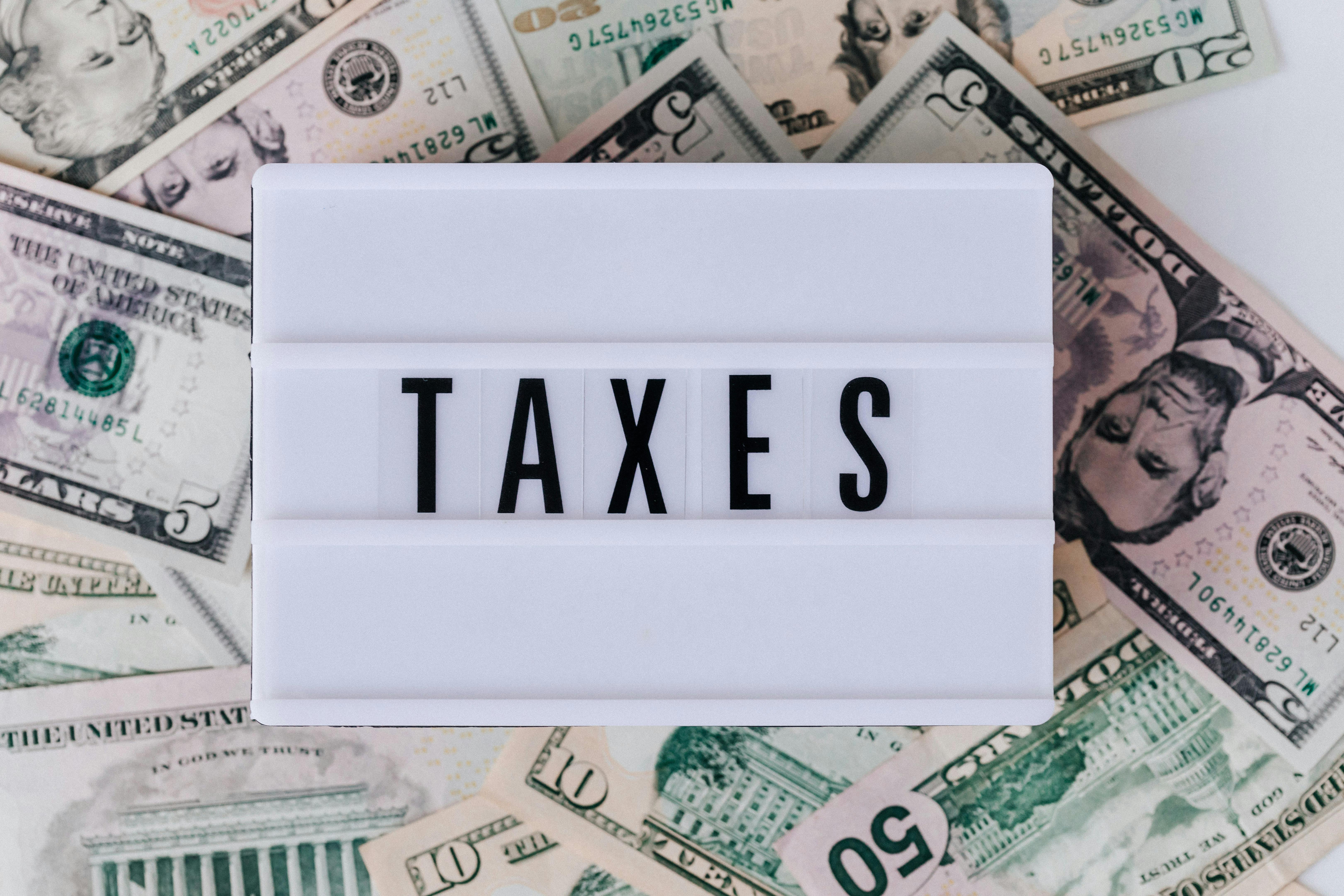Counterfeit Goods Become More Sophisticated, Spreading Online

MARKET OVERVIEW: RISE IN COUNTERFEIT GOODS, TIGHTENING OF TAX INSPECTIONS
According to the Vietnam Directorate of Market Surveillance, over 1,500 violations related to counterfeit or substandard goods were detected across the country in Q2/2025 alone. Alarmingly, many offenders have used social media, livestreaming, and major e-commerce platforms to sell knock-offs disguised as “hand-carried imports” or “foreign products.”
Common counterfeit categories include:
- Cosmetics and dietary supplements
- Fashion items such as clothing and accessories
- Consumer electronics
Offenders often remain anonymous, using fake accounts, making it extremely difficult to trace product origins. Experts point out that managing goods in the digital space poses a major challenge and requires close coordination between online platforms and regulatory agencies.
TAXING ONLINE BUSINESS: SHIFTING FROM ENCOURAGEMENT TO ENFORCEMENT
In parallel, the General Department of Taxation announced in July 2025 the results of its recent review of personal income tax and value-added tax declarations by individuals and businesses selling online. More than 30,000 payment accounts were flagged for monitoring due to signs of high revenue without proper tax declaration.
Recent regulatory actions include:
- Requiring platforms like Shopee, Lazada, and TikTok Shop to provide seller data
- Expanding tax checks to include livestream sellers, influencers, and TikTokers
- Mandating that online sellers register for tax identification numbers
Tax authorities emphasize that the goal is not to impose heavy taxation, but rather to ensure fairness between traditional and digital business models in fulfilling tax obligations.
What Should Businesses Do?
- Thoroughly verify the origin of imported goods or those from suppliers, especially for online distribution.
- Ensure transparency in invoices and supporting documents to establish legal grounds for transactions.
- If operating online or generating digital revenue, proactively register for tax and issue e-invoices to avoid back taxes or penalties.
Conclusion:
As the market rapidly transitions to digital platforms, stricter control of counterfeit goods and tax compliance is an inevitable trend. Businesses and individuals should stay informed and practice transparency to maintain stable and sustainable operations.
Source: TUOI TRE ONLINE, VNA News



